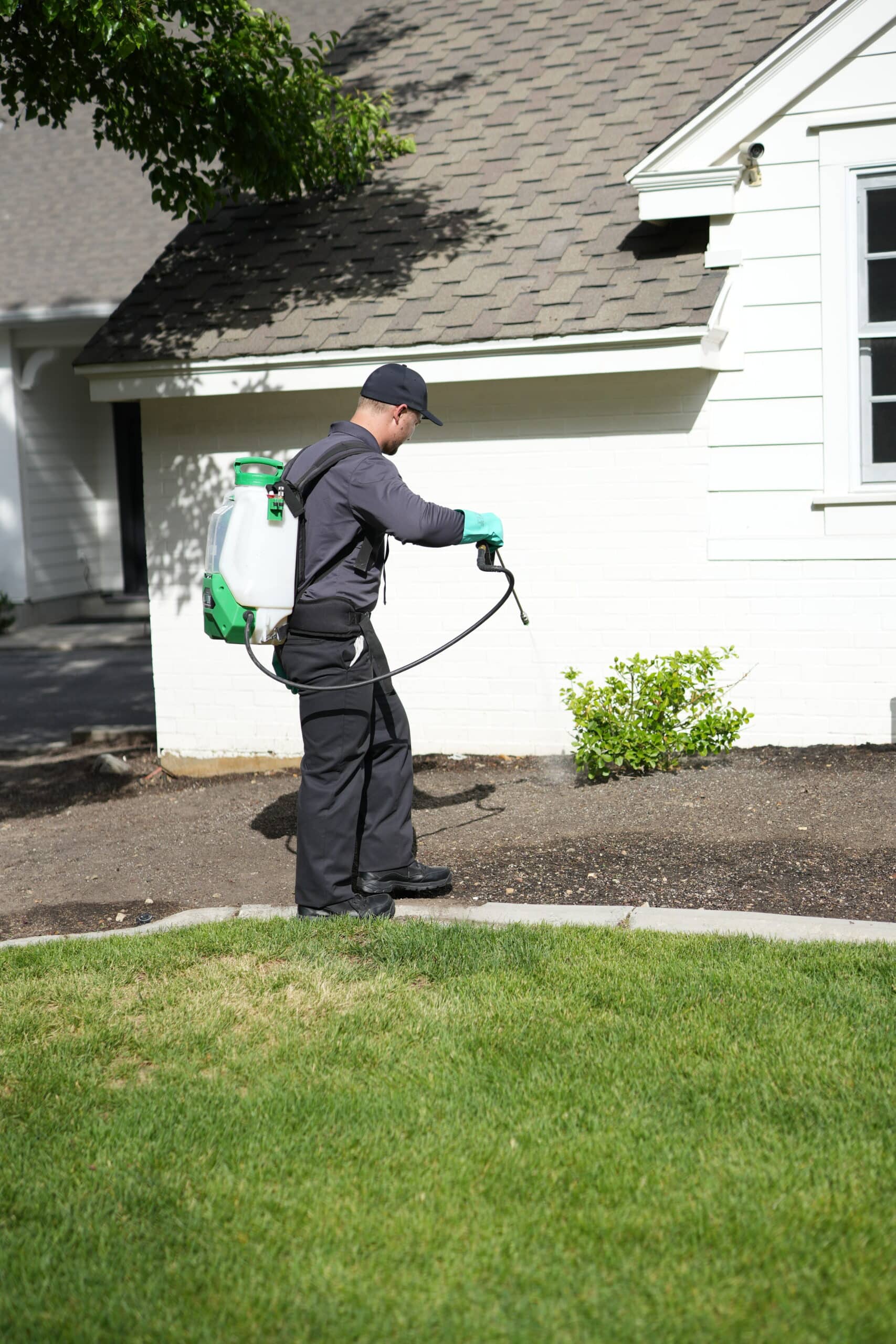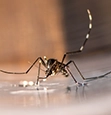Mosquito Facts & Information
Hawx is always reliable. Always innovative.
Get $350 Off Mosquito Service
20,000+ 5-STAR REVIEWS
“Connors Trader went the extra mile to make sure he listened to our needs regarding the ant problem we had.”
- Larry
“He sprayed indoors and out, swept my eaves for spider webs and took care of a couple of wasp nests.”
- Rick
“He even sprayed on my deck, which no one else has done.”
- Sue
Nothing ruins a summer evening faster than the high‑pitched whine of a hungry mosquito. Besides being annoying, these tiny insects can also transmit serious diseases. If you’re tired of swatting, spraying, and still ending up as the main course, you’re not alone—mosquito complaints spike across the U.S. during every warm season.
Below, we’ll cover how to spot mosquito trouble early, what draws them to your yard, and the most practical ways to send them packing.Mosquito Identification and Species
More than 170 mosquito species buzz around the United States, but a few particular species account for most backyard bites.
- Aedes aegypti and Aedes albopictus (Asian tiger mosquito) are aggressive daytime biters that can carry Zika, dengue, and chikungunya.
- Culex species are common at dusk and dawn, best known for spreading West Nile virus.
- Anopheles species are dusk‑to‑dawn feeders that can transmit malaria (which is rare in the U.S. but still possible).
All mosquitoes share one habit: they lay eggs in standing water. From bottle caps to birdbaths, anything that holds water for more than a week can turn into a nursery for hundreds of larvae.
Why Mosquitoes Are in Your Yard
Mosquitoes are simple creatures with three major needs:
- Water for breeding. Clogged gutters, kiddie pools, flowerpot saucers—if it stays damp, it’s an invitation.
- Shelter from sun and wind. Tall grass, dense shrubs, and shaded patios offer perfect resting spots.
- A blood meal. Female mosquitoes pick up on carbon dioxide, body heat, and even the scent of perspiration. The more people or pets outdoors, the more food sources for them to feed on.
Add in evening lights (which attract other insects for mosquitoes to hunt) and you’ve got a full‑blown pest resort.
Mosquito Health Risks
Most mosquito bites leave behind nothing more than an itchy welt—but scratching can lead to infections, and certain species carry viruses you definitely don’t want. West Nile remains the most reported mosquito‑borne illness in the U.S., while localized outbreaks of Zika, dengue, and chikungunya pop up in warmer states.
Even without disease, heavy mosquito activity can make patios, pools, and playgrounds practically unusable.
Signs You’ve Got a Mosquito Problem
- Frequent bites—especially on ankles and elbows—within minutes of stepping outside.
- Visible swarms hovering over hedges or shaded corners at dawn or dusk.
- Wriggling larvae (tiny, corkscrew‑shaped “wigglers”) in birdbaths, gutters, or any unexpected puddle.
Catch these clues early, and you can tackle the issue before mosquito season hits full swing.
DIY Mosquito Treatments
A few simple changes can make your yard far less appealing:
- Dump out water. Empty, scrub, or remove anything that holds standing water at least once a week—gutters, flowerpots, toys, tarps, even the base of your grill cover.
- Keep things trim and tidy. Mow grass, thin out bushes, and clear leaf piles so resting mosquitoes have fewer shady hideouts.
- Block their entry. Repair torn window screens, use oscillating fans on patios, and consider yellow “bug lights” that attract fewer insects.
While these steps can go a long way, they may not keep determined mosquitoes from nearby marshes, storm drains, or overgrown neighbors’ yards from paying you a visit.
Let Hawx Handle Your Mosquito Problem
Sure, you can help limit mosquitoes on your property to an extent, but most properties need professional help to effectively eradicate the problem and give you back your outdoor spaces. Let us handle it for you. Hawx Pest Control technicians start with a thorough property inspection to pinpoint breeding sites you might never notice. Then we apply targeted treatments to knock down existing populations and keep new mosquitoes from moving in. We’ll also share simple, tailored tips so you can keep your yard a “no‑fly zone” between visits.
Contact Hawx Pest Control today for a quick inspection and a customized mosquito‑control plan. With Hawx on your side, you can finally relax outdoors again—no buzzing, no biting, just carefree summer nights.
Mosquito Identification: What Are the Main Types of Household Mosquitos?
Mosquitos can vary widely from species to species, so it's important to know how to identify mosquitos that typically invade homes.
Read more about Mosquitoes

How Long Do Mosquitoes Live?
How Long Do Mosquitoes Live? Mosquitoes – they’re tiny but mighty. They can ruin a perfect summer evening and keep you up at night with

How to Keep Mosquitoes Away from Your Pool: Top Pest Control Tips
Having a backyard pool allows you to cool off on a hot day and splash around with friends and family. Unfortunately, it can also mean

How do Mosquito Nets Work?
Mosquitoes are more than a nuisance. They can spread illnesses and pose risks to our health and well-being, making mosquito control a top concern in


